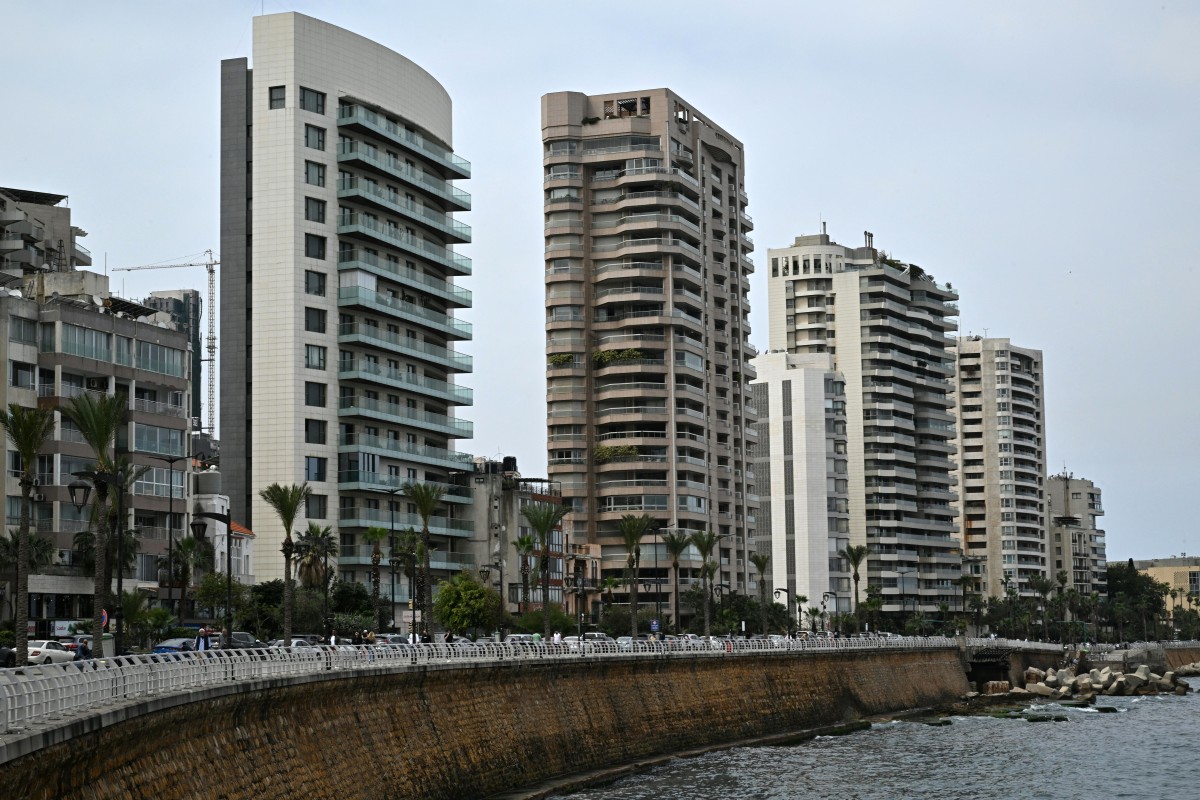In a new legislative move affecting a broad segment of professionals and long-term tenants, Lebanon’s Parliament has passed a significant amendment to the rental law for non-residential properties after nearly two years of drawn-out debate. The amendment—introduced by MP Georges Adwan—seeks to strike a fragile balance between landlords and tenants amid a decades-old, deeply entrenched rental crisis.
Key Points of the Amendment
The revised law centers on two major provisions:
- Reducing the benchmark rent rate from 8% to 5%, easing the financial burden on tenants, particularly those under older lease agreements.
- Extending the lease release period from 4 to 8 years for properties exceeding 500 square meters, where tenants cover renovation costs.
This amendment is seen as part of a transitional approach aimed at addressing the backlog of “old rent” contracts—especially in commercial and professional spaces still operating under exceptional legal frameworks.
Tenants’ Classification and Rent Increases
The amendment categorizes tenants into four groups, each with specific provisions for lease duration and rent adjustments:
- First category: Tenants with standard contracts, automatically renewed for five years.
- Second category: Those who paid “key money” before 2015, with leases extended for six years.
- Third category: Those who paid “key money” after 2015, with leases extended for seven years.
- Fourth category: Rentals linked to the state and liberal professions (such as pharmacists), with contracts extended for eight years.
The law also sets progressive rent increases, starting at 30% in the first year and reaching the full benchmark rate by the end of the extension period. It eliminates the clause that allowed landlords to reclaim a property after two years in exchange for waiving the rent increases, thus strengthening tenant protections for a longer period.
Legal Opinion: An Untimely Amendment?
Attorney Judith El-Tini described the amendment as “premature,” noting that it was passed before the previous law had even been fully implemented—despite its constitutionality being confirmed by the Constitutional Council.
El-Tini argued that “the original law was built on the principle of gradual fairness, and any premature amendment risks weakening the effectiveness of a legal framework designed to protect both landlords and tenants during a sensitive transitional period.”
Background of the Crisis: Delays and Constitutional Challenges
The non-residential rental law was originally approved two years ago but faced repeated obstacles—from delays in its publication under Prime Minister Najib Mikati’s government, to its republication under Prime Minister Nawaf Salam’s term, and finally to the rejection of all constitutional challenges to its provisions.
Despite the Constitutional Council’s approval, opposition persisted both inside and outside Parliament. Supporters argued the law was necessary to safeguard investment and economic stability, while critics saw it as unfair to landlords, who have incurred decades of losses due to rent freezes.
An Ongoing Crisis, Deferred Solutions
Lebanon has long been embroiled in disputes over old rental agreements, especially in commercial real estate. Landlords have called for an immediate liberalization of leases—or at least rent increases in line with market and economic realities. Tenants, on the other hand, warn against forced evictions or unaffordable hikes amid the country’s economic collapse.
Caught between these positions, lawmakers have attempted to walk a tightrope, seeking to avoid widespread social or commercial disruption—especially since many small businesses and professionals still operate in rented spaces at rates far below market value.
Conclusion
The latest amendments to the rental law for non-residential properties represent another attempt to reconcile the interests of landlords and tenants. However, they may fall short of resolving a deeply rooted problem that demands a comprehensive reform plan encompassing urban planning, government support, and the creation of a balanced compensation fund.
Until such a vision materializes, Lebanon’s old rent agreements will remain a knot too tangled to be undone by temporary legal fixes alone.
Please post your comments on:
comment@alsafanews.com
 Politics
Politics













